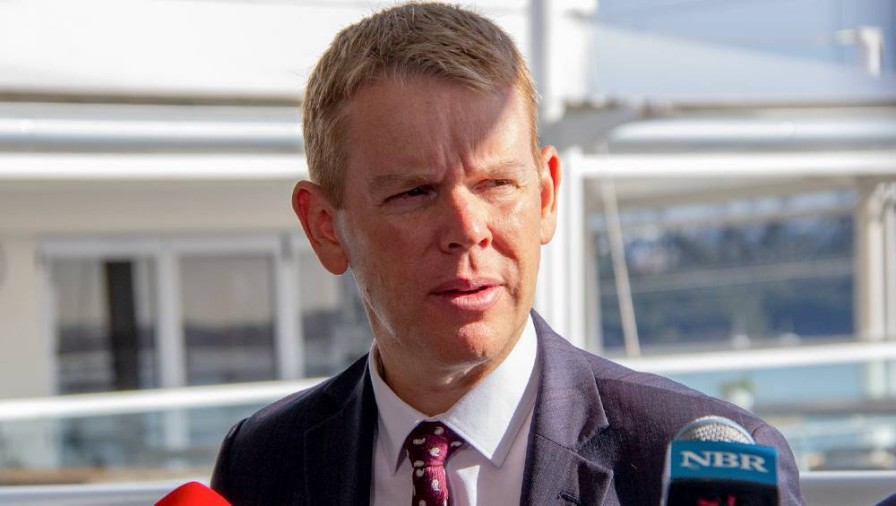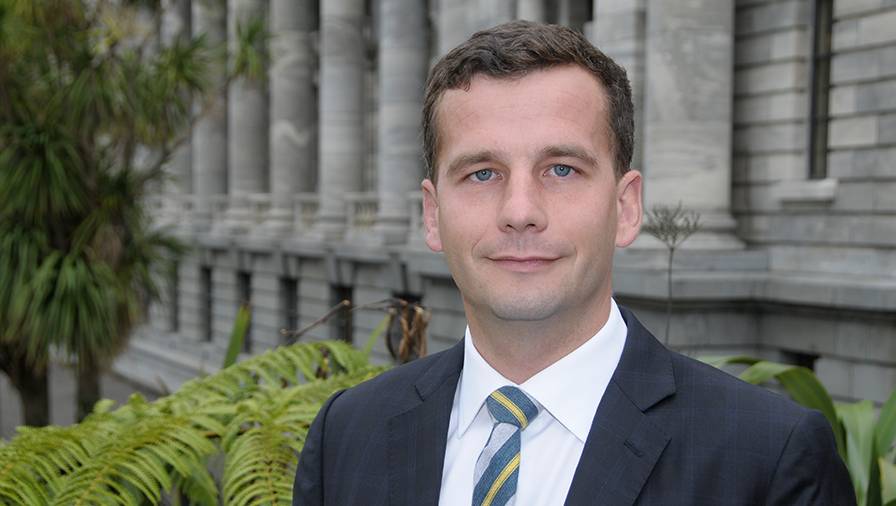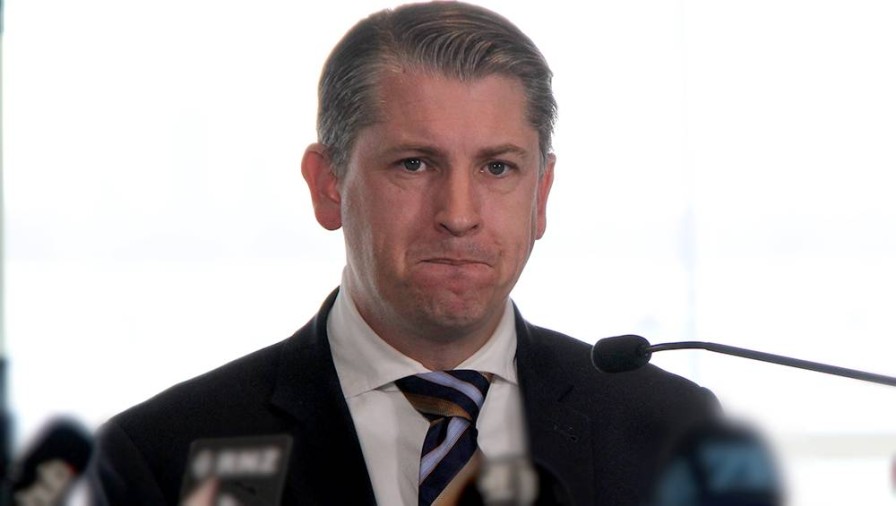Tough on crime, inflation, contempt of Parliament
ANALYSIS: The Government’s announcements on youth crime this week did not all go according to plan.
NBR columnist Grant Walker speaks with Brent Edwards.
ANALYSIS: The Government’s announcements on youth crime this week did not all go according to plan.
NBR columnist Grant Walker speaks with Brent Edwards.
It is election year and politicians being politicians, they want to negate bad publicity.
So, after months of enduring Opposition attacks that it is weak on crime, the Government this week made a series of announcements aimed at making itself look tough on crime.
Prime Minister and Labour leader Chris Hipkins led each announcement as he focused on youth crime, an issue both National and Act have exploited with glee.
But, just as National botched one of its justice announcements at its annual conference last month, Hipkins botched the first announcement at his post-Cabinet news conference on Monday. The Cabinet, he said, had agreed to create a new offence for adults who encouraged or incited offending by young people under 18. Within an hour or so, his office had to issue a correction, saying it was simply making it an aggravating factor in sentencing.
Then Children’s Minister Kelvin Davis appeared to have little idea of how the Government would implement its second policy of dealing with high-needs youth, which included building two new youth justice units, changing the law to make residences safer and more secure, and improving family group conferences dealing with youth crime.
Hipkins and Justice Minister Kiritapu Allan were more assured at the final announcement, which included making changes to enable 12 and 13-year-olds to be charged in the Youth Court, as well as introducing a new offence targeting ram raids.
“Enabling 12 and 13-year-olds who carry out ram raids to be charged in the Youth Court will give Police and Oranga Tamariki a wider range of options to deal with child offenders that are more intensive, while the new offence sends a clear signal to those who commit ram raids that there will be serious consequences,” Hipkins said.

Prime Minister Chris Hipkins.
While it plays to the ‘get tough on crime brigade’ the announcements were criticised by Auckland University criminologist Dr Ronald Kramar, who told RNZ they did not make sense.
“It’s the same story over and over again. Does anybody seriously think that these proposals are going to crack these tough nuts? So much evidence shows that punitive interventions make people worse,” Kramar said.
But, in an election year, evidence goes out the back door and politicians react to perceptions and emotions. There is little doubt Labour’s announcements are a panicked reaction to the criticisms levelled at its law and order policies.
Hipkins presented a tough side approach at his post-Cabinet news conference on Monday.
“Kiwis have had a gutsful of people acting as if the rules don’t apply to them, and I have had a gutsful of that as well. The system needs a shake-up. So, today, I’m setting out the next set of changes that will make offenders more accountable, that will back our Police with greater powers, and that will work to break the cycle of reoffending,” he said.
But it did not impress Act Party leader David Seymour.
“After more than five years of cuddling criminals and ignoring victims, Labour’s sudden pre-election change of heart on crime is hardly believable…
“Who do you trust to be tough on crime, Act or Labour?” Seymour said.

Act Party leader David Seymour
As well, there will be plenty of ongoing debate about which party would be tougher on inflation.
The Government got some good news this week, with inflation falling to 6% at the end of June, down from 6.7% at the end of March and a high of 7.3% in December. But 6% is still too high and food price increases remain much higher at about 12%. Some households will also see costs rise as their fixed-rate mortgages roll over in the next few months.
The cost-of-living crisis is by no means over and won’t be by the time voters go to the polls. Finance Minister Grant Robertson argues inflation is on the way down, while unemployment remains low. He also points to the fact immigration and tourism is rebounding after Covid restrictions were eased.
Then there is the Fifa Women’s World Cup, which began last night, which might provide some boost but, for those struggling with higher costs, that will not help to pay the bills.
Opposition parties will continue to hammer away on the theme that the Government is to blame for households’ struggles as they try to convince more voters they have the prescription for reining in inflation, while Labour does not.
The week had also started well for Hipkins when he was at the ceremony where the United Kingdom official became part of the Comprehensive and Progressive Agreement for Trans-Pacific Partnership. For many New Zealanders, it would have gone over their heads, but it is another important milestone in strengthening trading ties around the region and with the UK.
No sooner had that been announced than former minister Michael Wood was referred to Parliament’s Privileges Ccommittee over his failure to disclose shareholdings in the register of pecuniary and other specified interests of MPs.

Former minister Michael Wood.
Registrar of Pecuniary and Other Specified Interests Sir Maarten Wevers found it was a matter that involved a question of privilege and that it could warrant the further attention of Parliament. He looked into the matter after receiving a complaint from National MP Chris Penk.
In determining his response, Wevers had to decide whether the matter was “technical or trivial”. He determined there was a question of privilege, but it would be up to the Privileges Committee to decide whether it was a matter of contempt.
NBR presenter Grant Walker suggests with a Labour majority on the committee, it might not make a finding of contempt, just as it had done when Education Minister Jan Tinetti was before the committee.
Wevers’ final comment though is damning: “The inquiry reveals, to my mind, that Mr Wood did not turn his mind to his interests as he should have. In doing so, he has damaged his own standing as a member and has also cast a shadow over the entire register, and the trust and confidence that the public are entitled to have in their elected representatives.”
From a political perspective, it means this matter will dog Labour once again. And if the committee, as Walker suspects, lets Wood off scot-free, then the political fall-out will be worse.
There might be at least some distraction for Hipkins next week when he hosts Australian Prime Minister Anthony Albanese on a visit here. It might be the last time they meet as prime ministers, although Hipkins will be betting on a good election campaign giving him another chance at the top job.
Brent Edwards is NBR’s political editor.